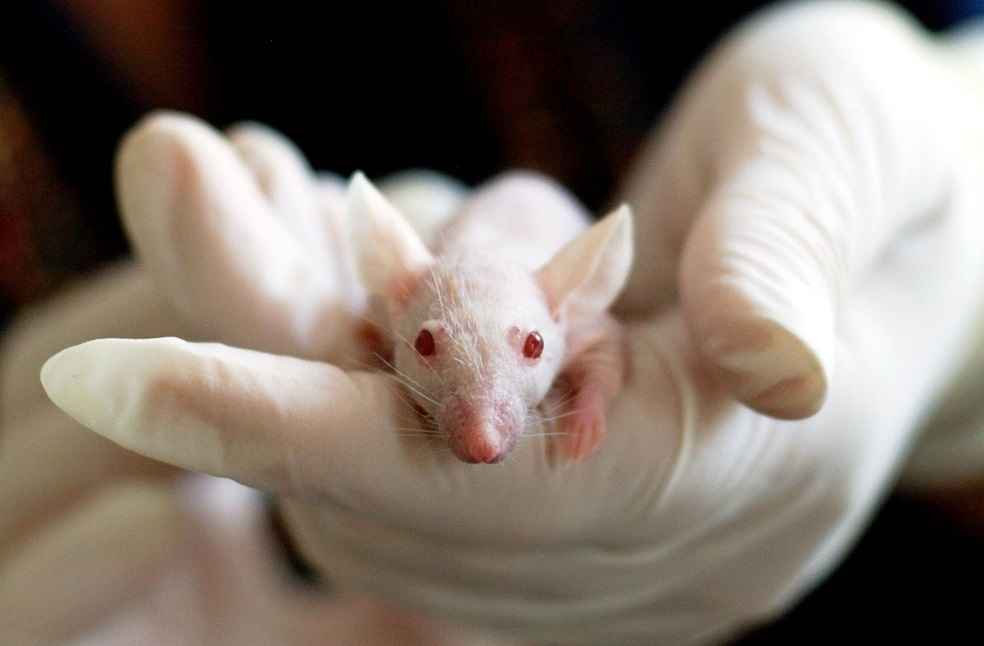United Kingdom: Scientists from the UK have recently discovered a new possible cause of asthma, which offers hope for the development of life-saving treatments. Current asthma treatments are mainly targeted at reducing inflammation since it is believed to be the main cause of the disease.
The most dangerous symptom of asthma is the attack, which is characterised by the constriction of airways, making it difficult to breathe. For the first time, a study conducted on mice suggests that asthma attacks are caused by mechanical constriction, which leads to various features of the condition such as inflammation, mucus secretion, and harm to the airway barrier that prevents infections.

Professor Jody Rosenblatt, from King’s College London, said that, “Our discovery is the culmination of more than 10 years’ work. As cell biologists who watch processes, we could see that the physical constriction of an asthma attack causes widespread destruction of the airway barrier. Without this barrier, asthma sufferers are far more likely to get long-term inflammation, wound healing and infections that cause more attacks. By understanding this fundamental mechanism, we are now in a better position to prevent all these events.”

Around 5.4 million people in the UK are affected by asthma, which can cause symptoms like wheezing, coughing, shortness of breath, and tightness in the chest. Asthma triggers, such as pollen or dust, can exacerbate these symptoms and even lead to a severe asthma attack, which can be life-threatening.
Although the root causes of asthma are still not fully understood, current medications can only treat the symptoms of an asthma attack, rather than prevent it. Scientists found a process known as cell extrusion, which leads to the death of most epithelial cells. They believe that this process could hold the key to preventing asthma symptoms.

Researchers at King’s College London discovered that when the airways contract, it causes the epithelial cells lining the airways to be squeezed out, leading to their death. This process, known as bronchoconstriction, can induce extensive cell extrusions, damaging the airway barrier and leading to inflammation and excess mucus.
Previous research showed that gadolinium, a chemical compound, could block extrusion. In a study using mouse lung models, researchers found that gadolinium could prevent the excess extrusion that causes damage and inflammation following an asthma attack. The mixture was not experimented with humans and is yet to be considered safe and effective.

Professor Rosenblatt and his team found that current asthma therapies do not prevent airway damage and the symptoms that follow an attack. However, an inexpensive compound called gadolinium can stop airway damage in mice models and prevent inflammation and excess mucus secretion. This could potentially prevent future asthma attacks.
Dr Samantha Walker, director of research and innovation at Asthma and Lung UK, commented that, “Only 2 percent of public health funding is allocated to developing new treatments for the 12 million people living with lung conditions in the UK, so new research that can help in the treatment or prevention of asthma is good news. This discovery opens important new doors to explore possible new treatment options desperately needed for people with asthma rather than focusing solely on inflammation.”

Researchers found that their recent findings on constriction could be relevant to other inflammatory diseases, such as cramping of the gut and inflammatory bowel disease. A collaborative study between Leicester University, Wellcome, Howard Hughes Medical Institute, and the American Asthma Foundation led to these findings, published in the Science journal.



